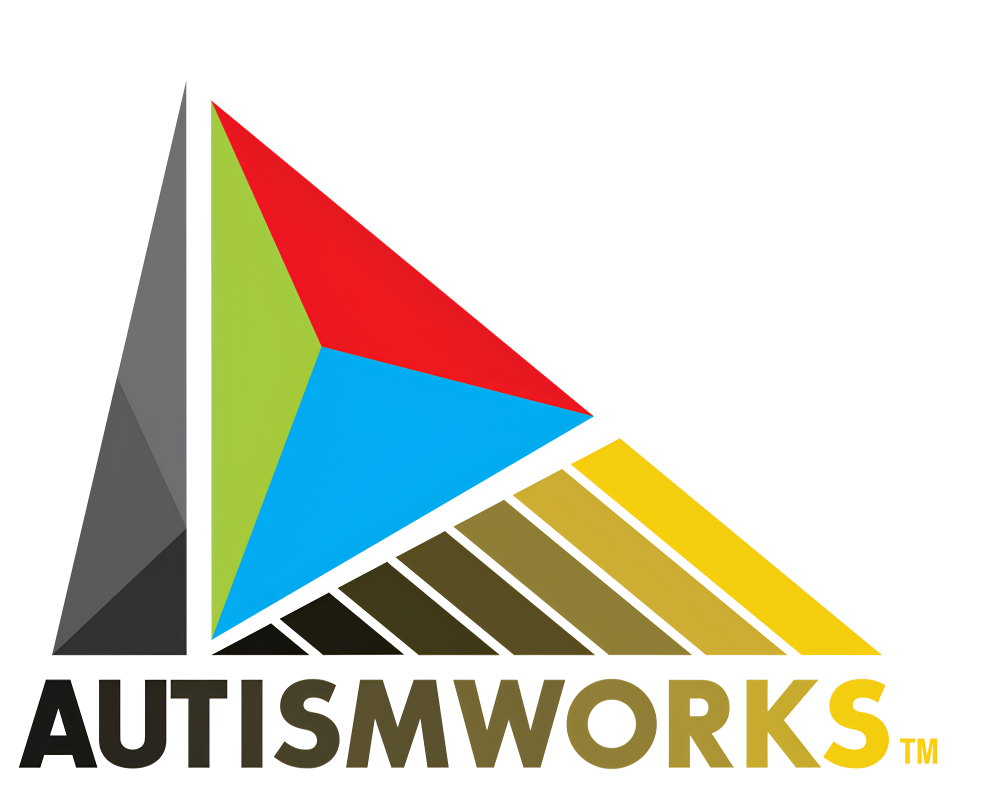The Power of a Single Focus
Hello AutismWorks Community,
In a world that praises multitasking, I’ve found something different works best for me: one clear focus at a time. When I can give my full attention to a single task—writing, organizing, learning a skill—my mind settles, my stress drops, and my best work shows up. This edition explores how single-focus attention can reduce overwhelm, build confidence, and turn interests into strengths.
Why Single Focus Matters
-
Less noise, more clarity: One task at a time lowers cognitive load and eases anxiety.
-
Deeper learning: Focused attention helps information stick and skills improve.
-
Confidence through mastery: Finishing something well—even something small—creates momentum.
What Single Focus Feels Like (Flow)
There’s a distinct shift when focus “clicks”: time moves differently, distractions fade, and the task feels engaging—even calming. I aim for that state by narrowing the target and removing unnecessary inputs.
How I set up flow:
-
Define one clear goal (e.g., “outline the intro” vs. “finish everything”).
-
Remove obvious distractors (alerts off, tidy workspace).
-
Set a short, focused window (20–40 minutes) with a planned pause.
Turning Focus into Strength
Single focus isn’t avoidance; it’s a strategy for excellence. Interests can become engines for growth:
-
Skill building: Coding a small project, practicing a riff, sketching one scene.
-
Detail work: Sorting, labeling, cataloging—great training for precision.
-
Creation: One page, one prototype, one routine—completed and refined.
The outcome isn’t only the product—it’s the patience, accuracy, and follow-through developed along the way.
Guardrails: Balance and Transitions
Deep focus is powerful, but transitions still matter.
-
Use gentle exits: Set a timer that ends with a checklist—save work, stand, sip water, quick stretch.
-
Bookmark the next step: Write one sentence: “Next, I will…” Reduces friction when returning.
-
Protect basics: Sleep, meals, movement. Focus works better when the body is cared for.
For Parents, Caregivers, and Educators
Support single focus without turning it into pressure.
-
Name the win: “I noticed you stuck with that for 15 minutes—great persistence.”
-
Offer time boxes: “Ten minutes on this, then we pause.” Predictable edges make effort safer.
-
Bridge to daily life: Connect the focused skill to a real task (e.g., organizing cards → organizing a backpack).
-
Respect the lane: If the interest is narrow, use it—don’t fight it. Depth often precedes breadth.
Practical Tools (Simple and Effective)
-
One-Card Task: Write the single target on an index card. Keep it visible.
-
Two-Column Board: “Doing Now” (one task) / “Doing Next” (one task). Everything else waits.
-
Quiet Kit: Earplugs or headphones, a clear desk, water, small fidget—set the stage.
-
Micro-Starts: Commit to three minutes. Starting beats stalling.
Single focus isn’t about doing less; it’s about doing what matters with your best attention. For me, it’s the difference between spinning in circles and moving forward with purpose. If one clear target helps you settle and succeed, honor it. Depth builds confidence—and confidence opens doors.
With focus and encouragement,
Tyler McNamer
Founder, AutismWorks



Responses